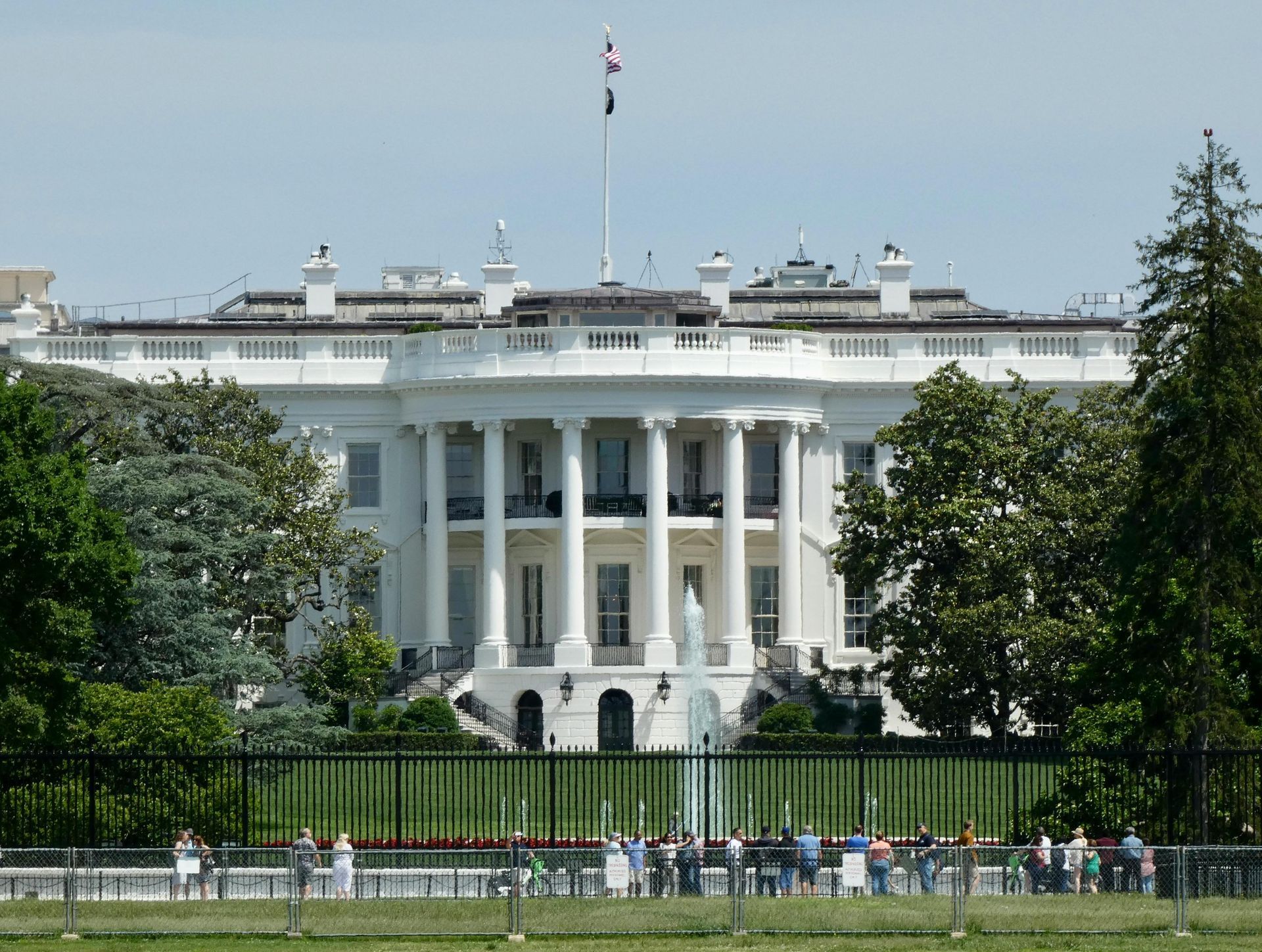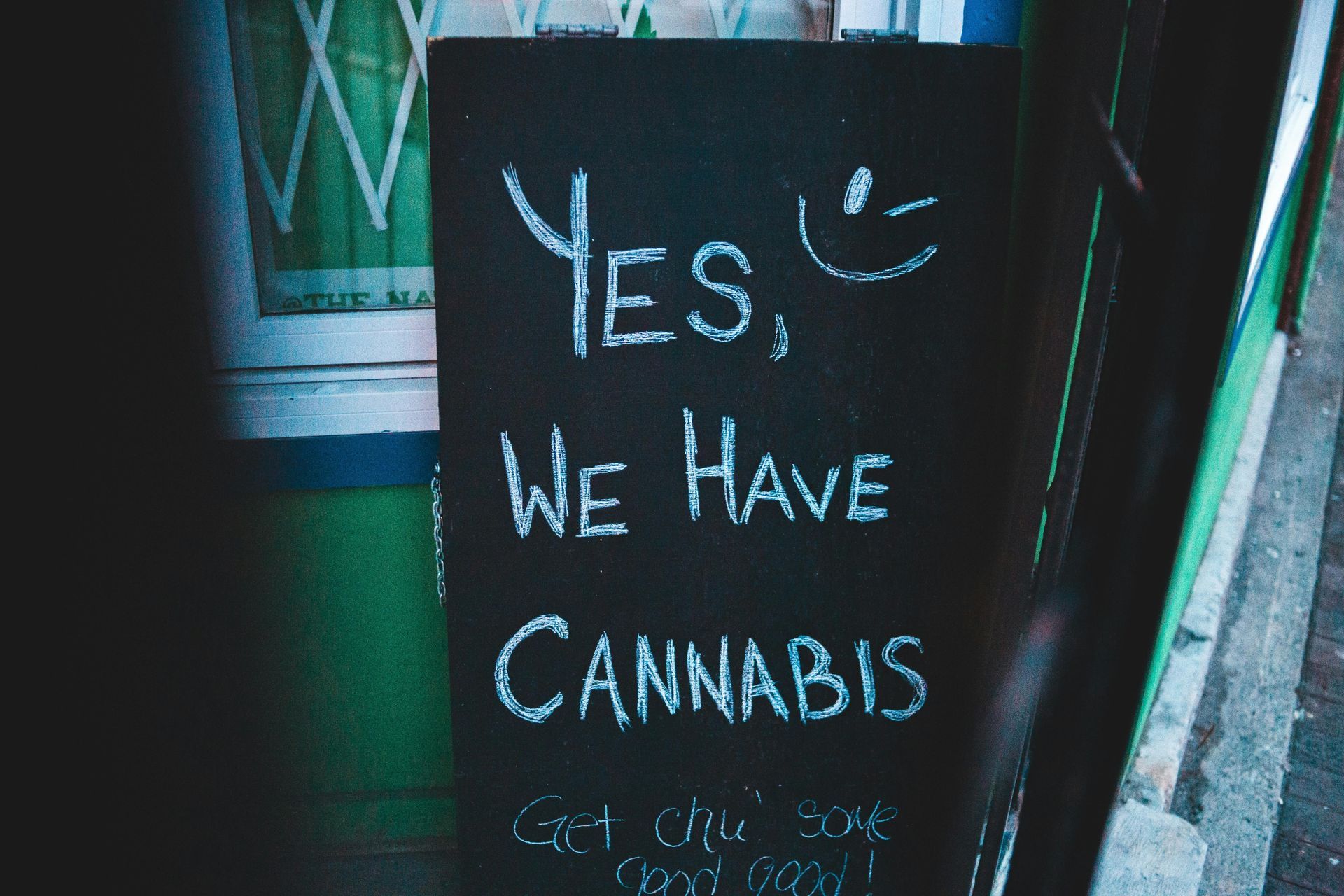Illinois Cannabis Training Center, Inc. 2021 Midwest Road Ste. 200 Oak Brook, IL 60523
Phone: Email: Social Media:
Are Dispensaries Ready for Schedule 3 Cannabis? (2024)
Are Dispensaries Ready for Schedule 3 Cannabis?
As cannabis potentially moves to Schedule 3 under federal law, Illinois dispensaries and their managers face a wave of changes. The rescheduling of cannabis would have several significant implications, making it crucial for the industry to stay ahead. Let’s break down what this means.

Regulatory Changes
Increased Research: With cannabis at Schedule 3, conducting research becomes easier. This opens doors to better-informed regulations and advanced product development, making our dispensaries not just compliant but innovative.
Federal Oversight: Expect more federal regulation. This could mean new standards and guidelines we’ll need to meet, pushing us towards a more standardized and possibly more stringent operational environment.
Banking and Financial Services
Access to Banking: One of the biggest hurdles for dispensaries has been banking. Schedule 3 status could mean easier access to banking services, reducing our reliance on cash transactions and enhancing financial security.
Loans and Credit: Imagine the possibilities with available loans and credit services! This could significantly aid in business expansion and smoother operations.
Taxation
Tax Deductions: Being eligible for standard business tax deductions could improve our financial viability and profitability, allowing for better reinvestment in our businesses.
Federal Taxes: We should also prepare for changes in federal tax obligations and reporting requirements, which might streamline our tax processes.
Insurance and Liability
Insurance Access: Improved access to insurance products would reduce risk and liability, offering us a safety net previously out of reach.
Legal Protection: Enhanced legal protection and reduced risk of federal prosecution would provide peace of mind and stability for our operations.
Interstate Commerce
Interstate Operations: With the possibility of interstate commerce, we could expand our market reach and explore new opportunities for growth.
Supply Chain: Changes in supply chain dynamics could arise, with potential for out-of-state sourcing and distribution. This could diversify our product offerings and reduce costs.
Employment and Training
Professional Development: We’ll need updated training programs to comply with new regulations and industry standards, ensuring our teams are always at the top of their game.
Hiring Practices: Easier background checks and employment practices could broaden our pool of qualified candidates, enhancing our workforce.
Overall, rescheduling to Schedule 3 would likely bring increased legitimacy and stability to the cannabis industry. The benefits for dispensaries and their managers are clear: improved financial, operational, and legal conditions. The big question is, are we ready to embrace these changes and make the most of the opportunities they present?
Stay informed, stay prepared, and let’s lead the way in this evolving industry!
Grant Richardson
Illinois Cannabis Training Center


Illinois Cannabis Training Center | All Rights Reserved










